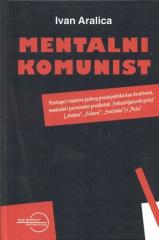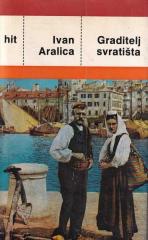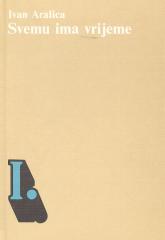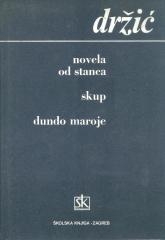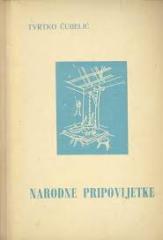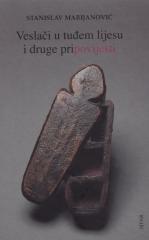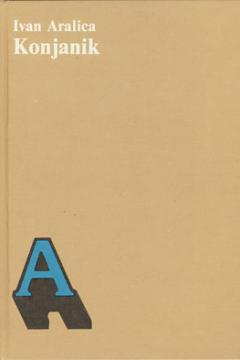
Konjanik
Set in the Dalmatian hinterland during and after World War II, the novel explores complex social, psychological, and moral conflicts in a turbulent historical context.
The story follows the young protagonist, Ante Kovač, who returns to his village after the war. His return is marked by trauma, loss, and dealing with changed social relations. Through Ante's perspective, Aralica depicts the devastation of the rural world, where traditional values collide with new ideologies and the consequences of war. The horseman, as a symbolic figure, evokes an image of freedom, but also unrest and wandering, which reflects the main character's internal and external conflicts. The novel deals with themes such as revenge, justice, loss of identity, and the search for meaning in a world that has lost its balance. Through the detailed depiction of characters and the setting, Aralica creates an image of a community torn between the past and the future, where individuals try to find their place.
One copy is available
